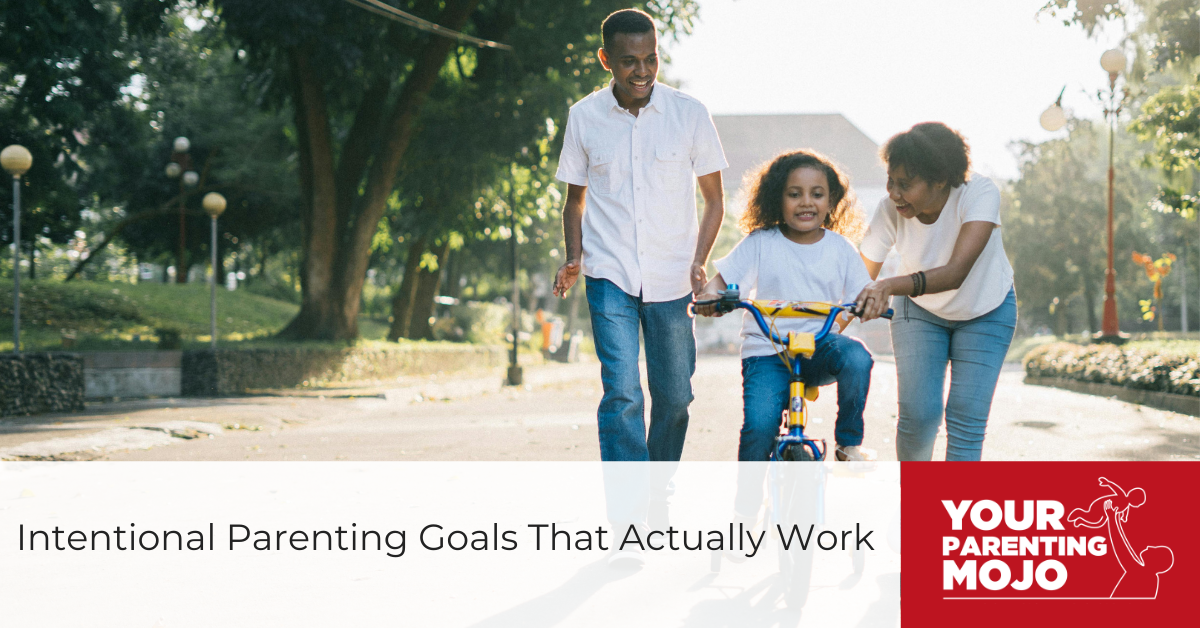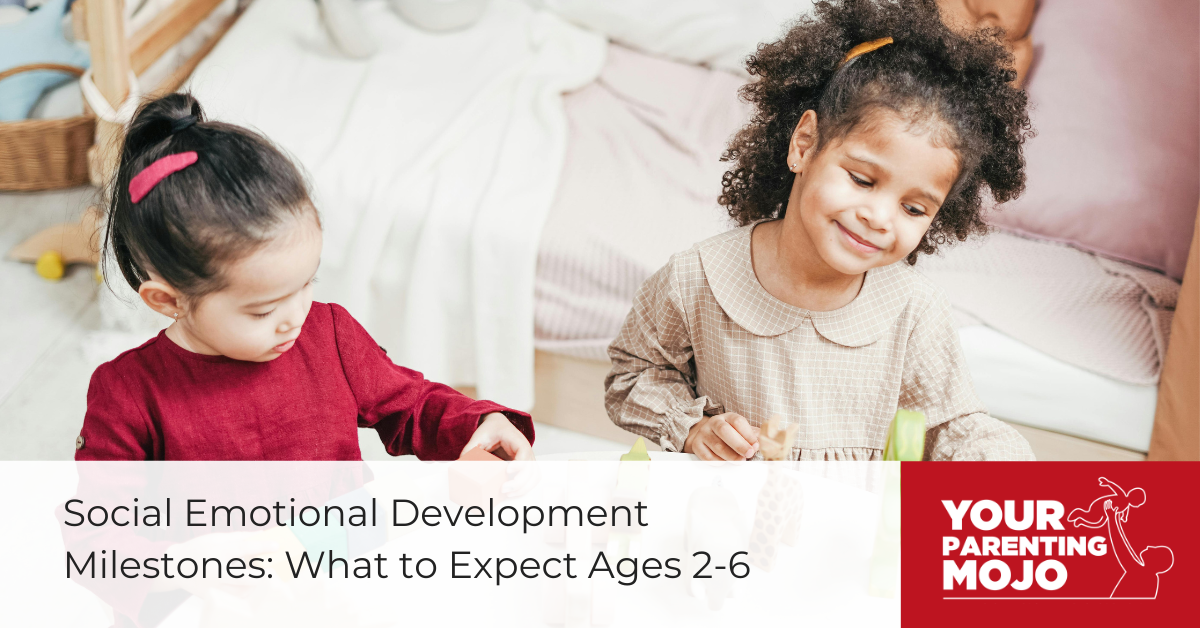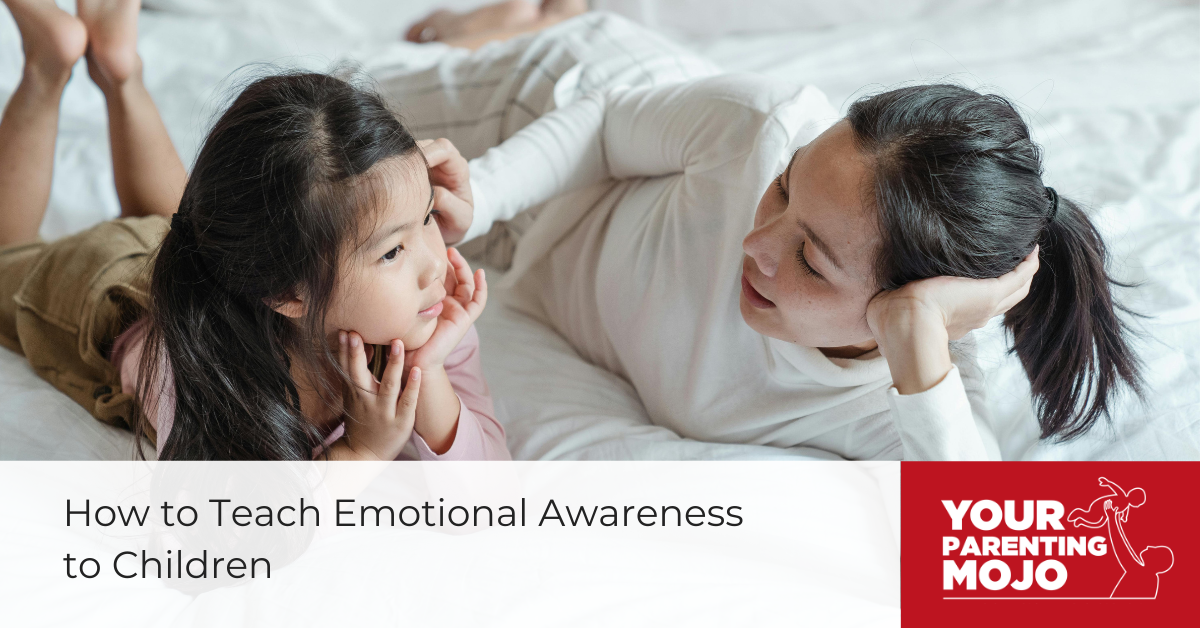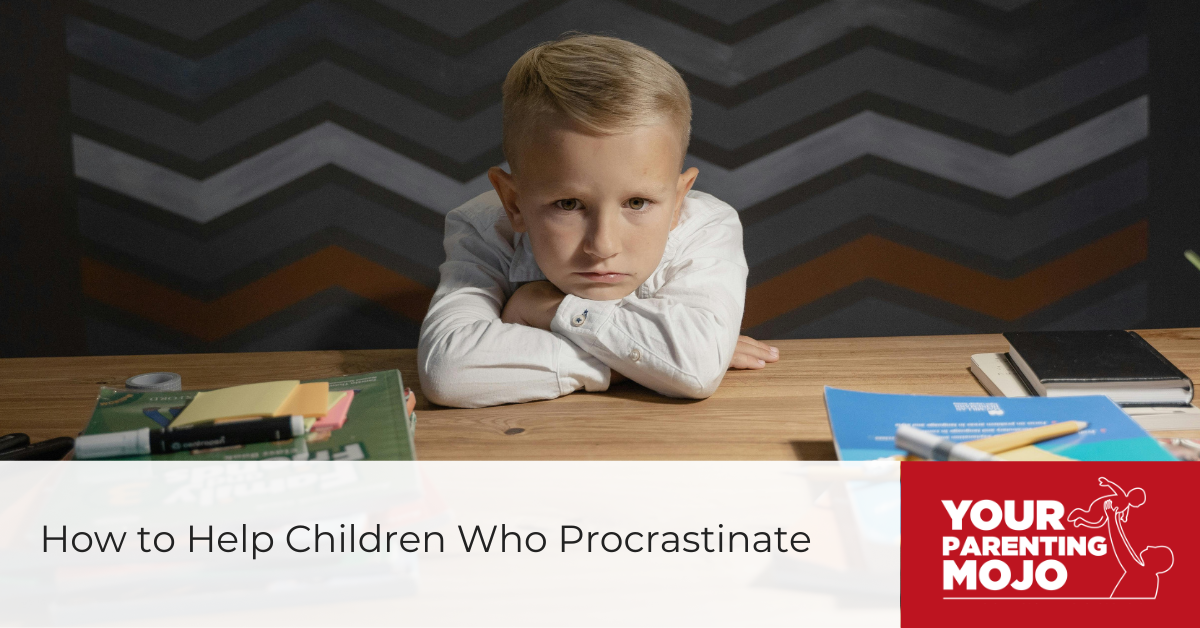Posts Tagged ‘Emotional Regulation’
Intentional Parenting Goals That Actually Work
Most parenting resolutions fail because they rely on willpower instead of addressing underlying needs. Learn how to create realistic goals that support your whole family’s wellbeing.
Read Full PostIntergenerational Trauma: How to Break & Heal the Anger Trigger Cycle
When My-Linh Le’s rage suddenly bubbled up during a phone call with her boyfriend, she realized with horror: “I’m just like my mother.” Trauma doesn’t just affect those who experience it directly – it ripples through generations, showing up in unexpected ways in our parenting.
Read Full PostSocial Emotional Development Milestones: What to Expect Ages 2-6
Emotional awareness is just the beginning. True social-emotional skills involve five core competencies that help children manage feelings, build relationships, and make thoughtful decisions. Here’s what to expect as these skills develop.
Read Full PostHow to Teach Emotional Awareness to Children
Discover key milestones and practical strategies to help your child develop emotional awareness. These foundational skills shape everything from friendships to academic success.
Read Full PostHow to Help Children Who Procrastinate
Procrastination isn’t laziness. It’s emotional avoidance. Discover tools on how to help your child break the cycle.
Read Full Post





